Description
Juniper Berries Fine Cut. Juniper berries – have anti-inflammatory, antibacterial and antiseptic properties that help balance skin oils and have a healing effect on acne and inflamed skin conditions. The juniper tree, Juniperus communis, is an evergreen shrub that grows in many parts of the world, including North America, Europe, and Asia. It produces seed cones that are commonly known as juniper berries. Though the berries’ coloring varies, most are deep blue. Their aroma is often described as woody or spicy. They have a tart, pine-like flavor and are commonly used in small amounts as a spice or flavoring agent.
These small berries have been used for culinary and medicinal purposes since ancient times, and current research suggests that they may offer various health benefits. Though nutrition information on juniper berries is limited, they’re known to provide certain vitamins and an array of plant compounds.
- Like most other berries, they’re a good source of vitamin C, delivering 10% of the Daily Value (DV) of this water-soluble nutrient in a 1-ounce (28-gram) serving. The berries also pack many plant compounds, including flavonoid antioxidants, volatile oils, and coumarins, which are chemical compounds with various protective properties. The volatile oils in juniper berries contain substances known as monoterpenes, including limonene, camphor, and beta-pinene. Monoterpenes have been shown to provide anti-inflammatory, anticancer, antioxidant, and antibacterial properties. Coumarins and flavonoid antioxidants also offer an array of health-promoting effects. Consuming a diet rich in these compounds can promote health and may protect against chronic conditions, including heart and neuro-degenerative diseases.
- Juniper berries contain essential oils and flavonoids that offer antioxidant and anti-inflammatory effects.
- Juniper berries were used in traditional medicine practices to treat diabetes, and recent studies confirm that they may have anti-diabetic properties. Though these findings are promising, research in humans is needed to confirm this potential health benefit.
- Juniper berries may promote heart health by improving HDL (good) cholesterol levels and reducing high triglyceride levels, as well as LDL (bad) and total cholesterol. Though human studies are lacking, research shows that eating berries is an excellent way to reduce heart disease risk factors. However, until more human research on the effects of juniper berries on heart health is available, it’s unknown whether eating these berries can reduce heart disease risk.
- Test-tube and animal studies show that juniper berries have powerful antibacterial and anti-fungal properties. These are attributed to potent compounds in their oil, including sabinene, limonene, myrcene, and alpha- and beta-pinene. In one test-tube study, juniper berry essential oil demonstrated antibacterial and anti-fungal effects against 16 species of bacteria, yeasts, yeast-like fungi, and dermatophytes, a type of fungus that grows on your skin, causing diseases like ringworm. The strongest fungus-killing activities occurred against dermatophytes, as well as Candida species, which cause fungal infections like mouth and yeast infections.
Unlike other berries, juniper berries are typically used only in small amounts to flavor foods — not eaten in large portions.They have an astringent, pine-like taste, which makes them a popular ingredient for seasoning recipes and infusing beverages.For example, juniper berries are used to add flavor to marinades and spice rubs and give gin its distinctive taste. They’re commonly sold dried — either whole or crushed. Juniper berry essential oil is also used in aromatherapy and said to be calming. Keep in mind that essential oils should not be ingested.Additionally, juniper berry tea can be purchased in tea bags or made at home using crushed juniper berries.
Most juniper berry supplement labels recommend taking 1–6 grams per day, divided into multiple doses. These supplements are not appropriate for children and should be avoided by women who are pregnant, as juniper berries are considered uterine stimulants and may cause miscarriage in high doses. The supplements may also interact with certain medications, such as diuretics and psychiatric drugs. Additionally, many online sources state that concentrated juniper berry supplements may harm your kidneys, though no evidence supports these claims. As ever, thoroughly research any new herb you are considering using and if pregnant or taking prescribed drugs, it is best to refer to your midwife or healthcare provider first.
Juniper berry tea may be antimicrobial and have a diuretic action. The berries have also been used as a folk remedy for cough and congestion. Pour 2 cups of boiling water over half a teaspoon of juniper berries. Then, steep for 10 minutes. Add honey to taste. Finally, strain and drink. Drink a flavorful cup of juniper berry tea after a heavy meal to reduce indigestion, bloating and gas.
Free shipping. Discount refunded on 5+ assorted purchases.

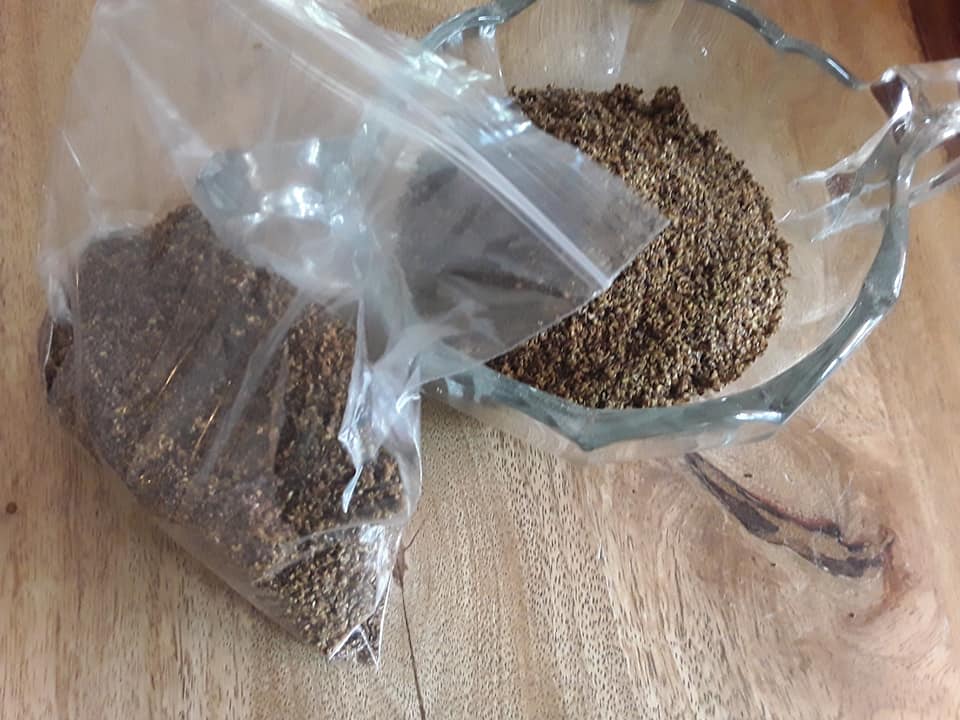

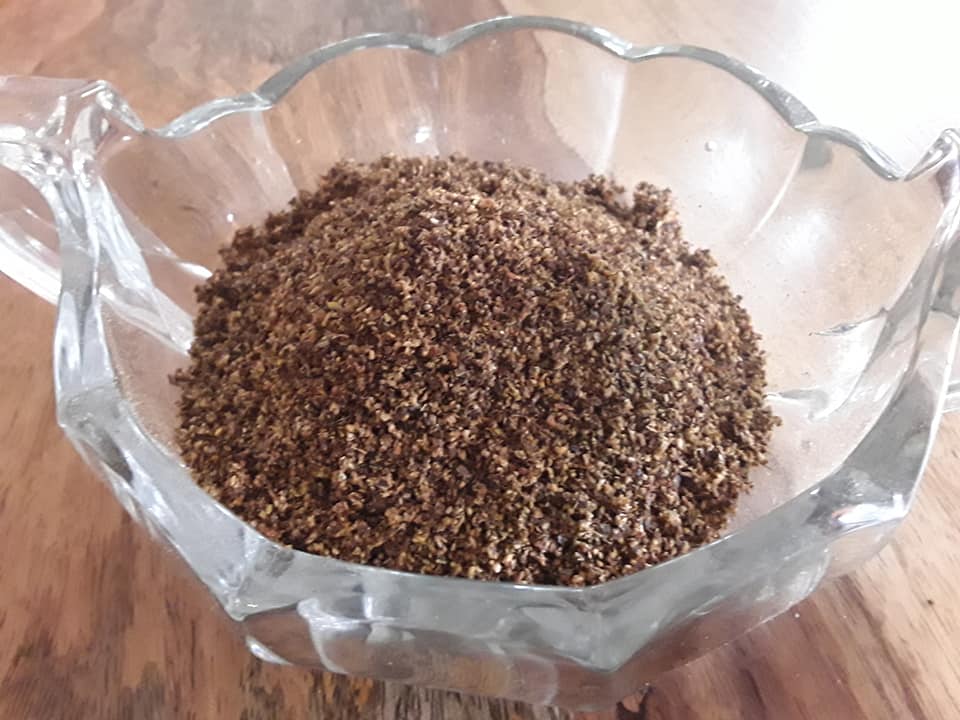
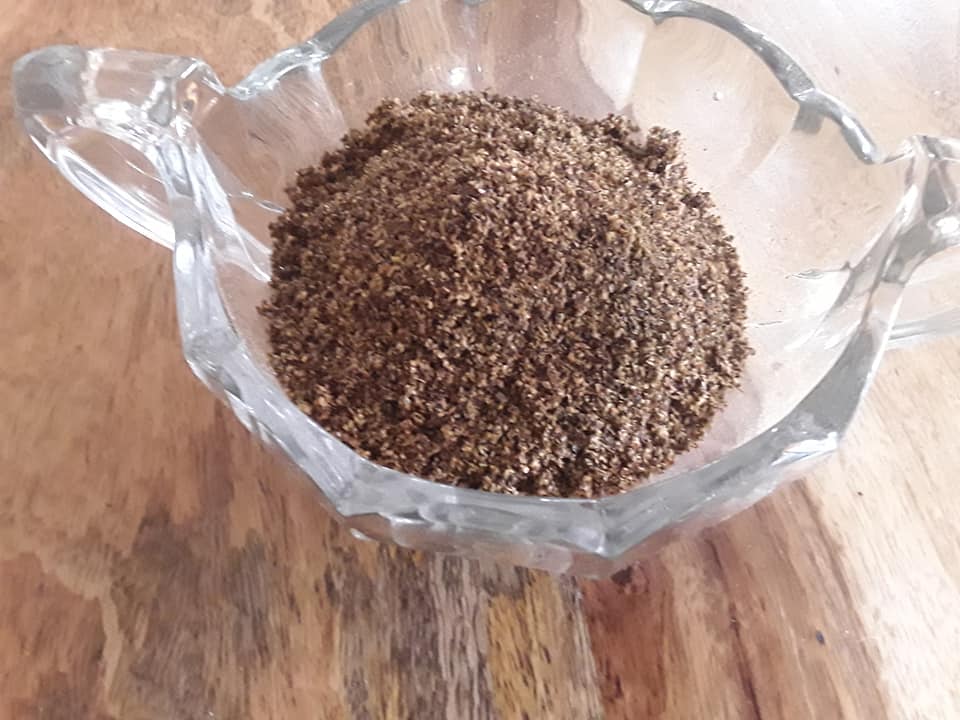
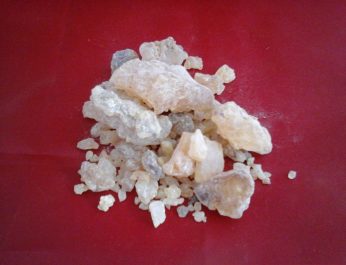


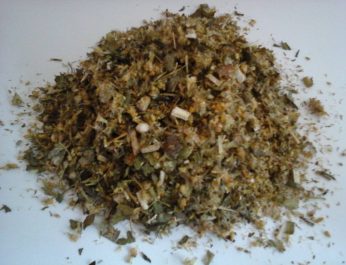
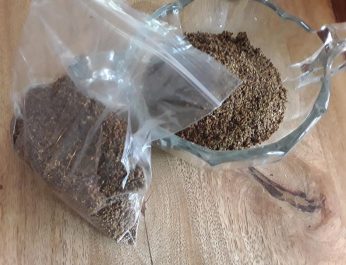
Reviews
There are no reviews yet.